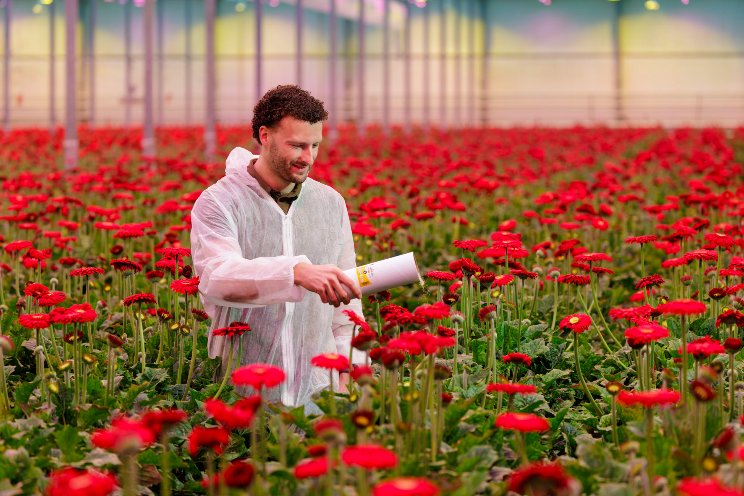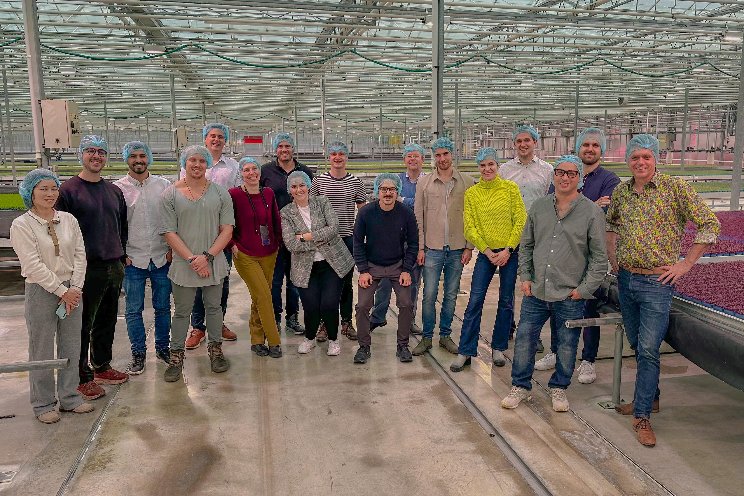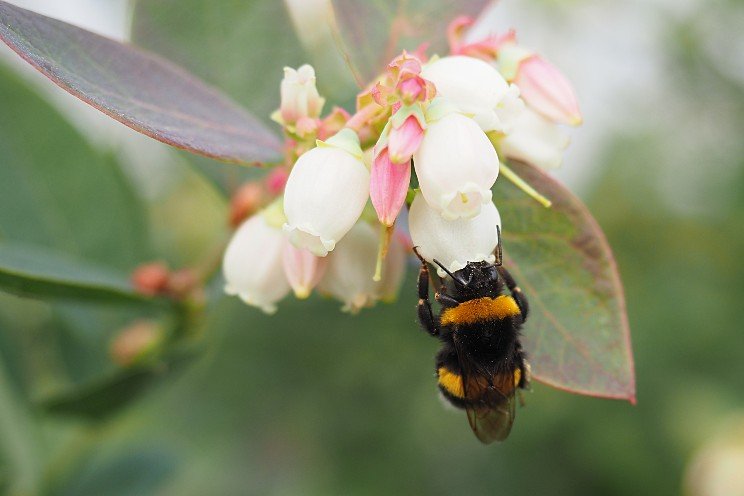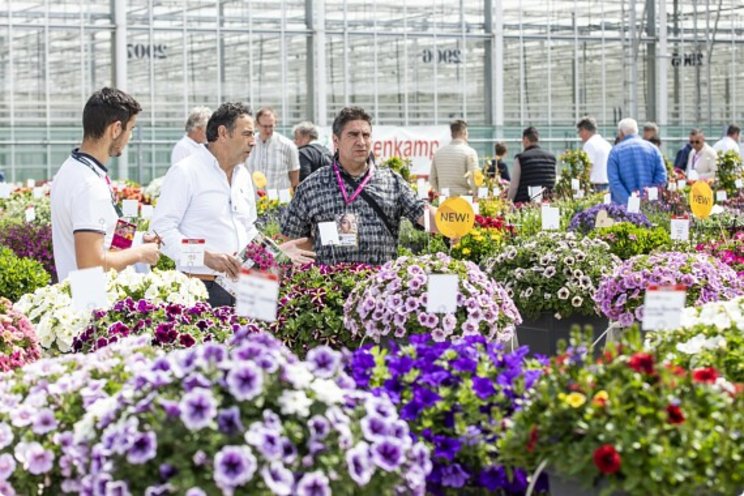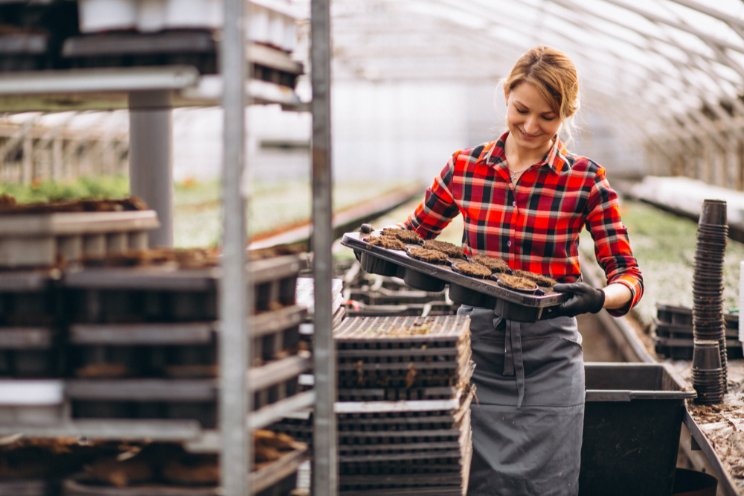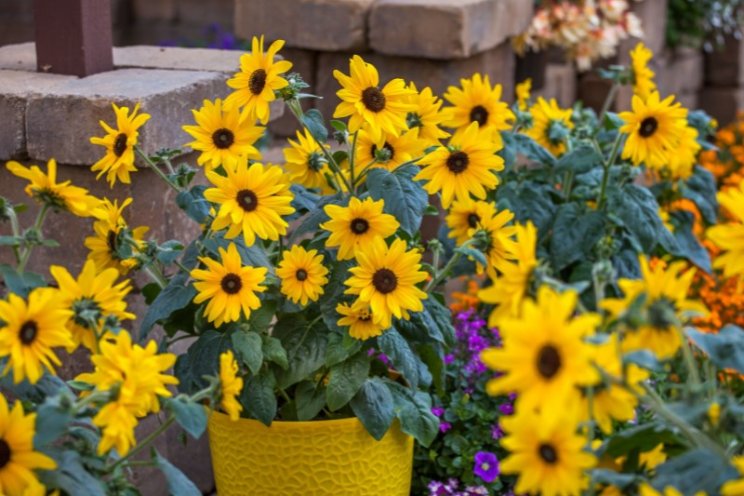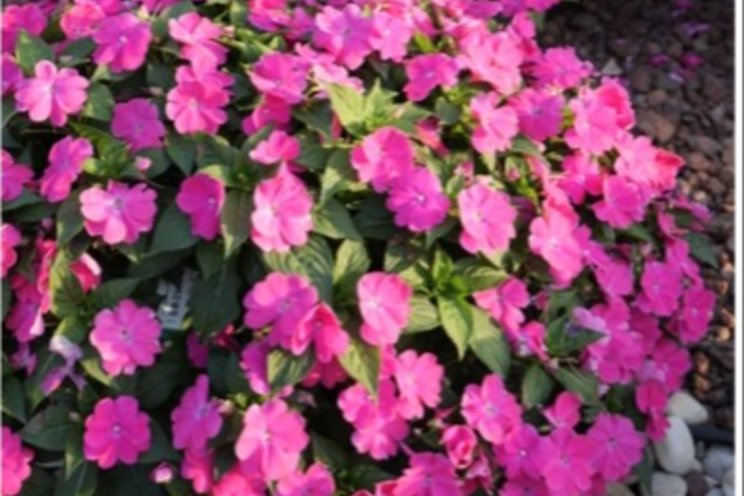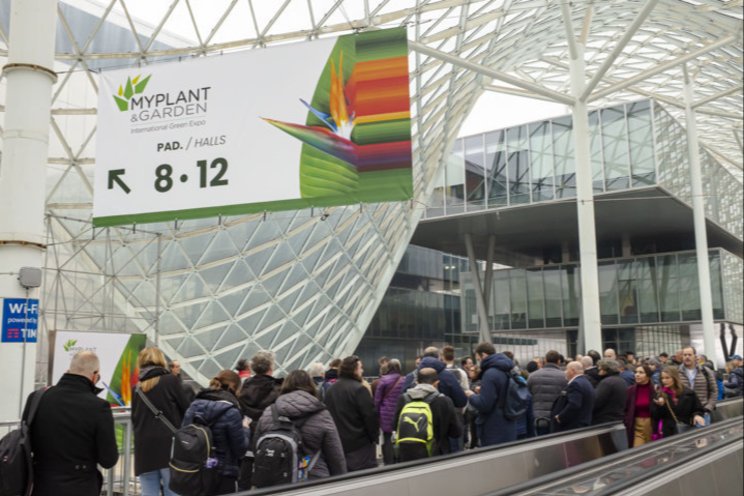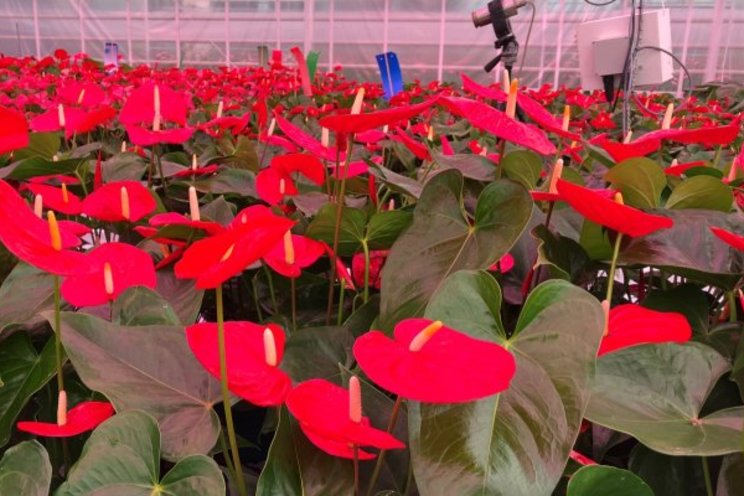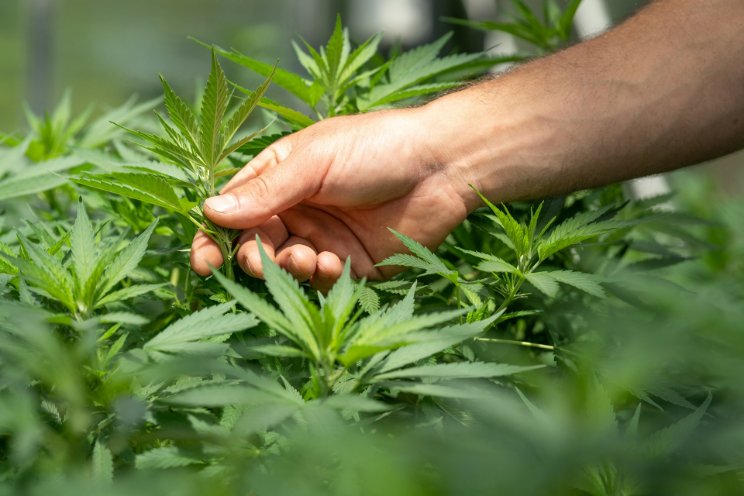How cannabis growers can manage the THC-terpenes connection
Added on 18 August 2023

Over time, the industry began to focus on heavy THC content as the arbiter of what qualifies as “quality” cannabis. But even as longtime cannabis consumers clamored for higher levels of THC, a new breed of consumers began to seek a more nuanced experience created – in theory – by the interaction between a plant’s terpene profile and cannabinoid content (including THC). Suddenly, terpenes were on everyone’s mind – and have stayed front and center for several years.
Then, a funny thing happened this year: We found out that the Entourage Effect is real.
Study Confirms Relationship Between Terpenes and THC
The phrase “entourage effect” in relation to terpenes and THC was first coined in 1999 by a group of researchers led by cannabis scientist Raphael Mechoulam, who was the first to discover and identify THC. Regarded as the godfather of cannabis researchers by many, Mechoulam was one of the first scientists to explore the structure and functions of the phytochemical compounds produced by cannabis plants. He believed THC interacted with terpenes synergistically to enhance and modulate the overall psychoactive effects of ingesting the cannabis plant. As it turns out, Mechoulam’s hypothesis was right all along: Different combinations of terpenes, THC, and other minor cannabinoids can generate different effects.
A study recently released in Biochemical Pharmacology confirms that many cannabis terpenes do in fact synergize with THC to create increased CB1 receptor activation in the human body’s endocannabinoid system. The study examined the effect of 16 terpenes and of THC-terpene mixtures on CB1 receptor activity using a heterologous expression system. Utilizing terpene-to-THC ratios like those commonly found in cannabis plants — approximately 1:10 — the study demonstrated that all terpenes, when tested individually, activate CB1 receptors up to 10% to 50% greater than a normal response activation by THC alone.
Photo by CRYSTALWEED cannabis on Unsplash
More news
